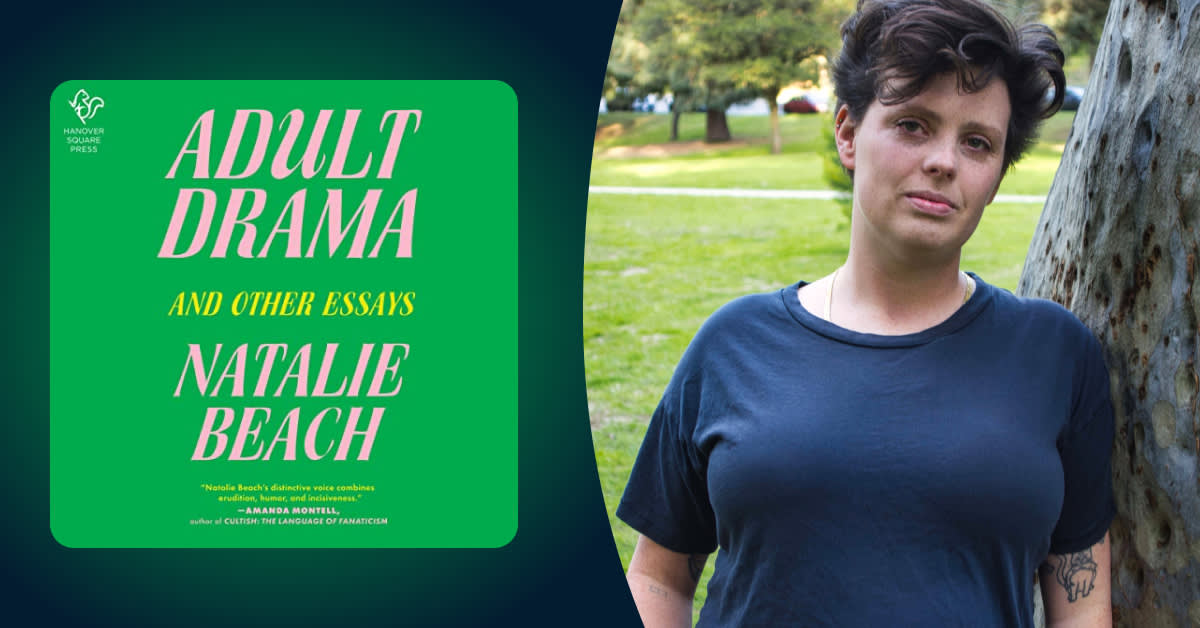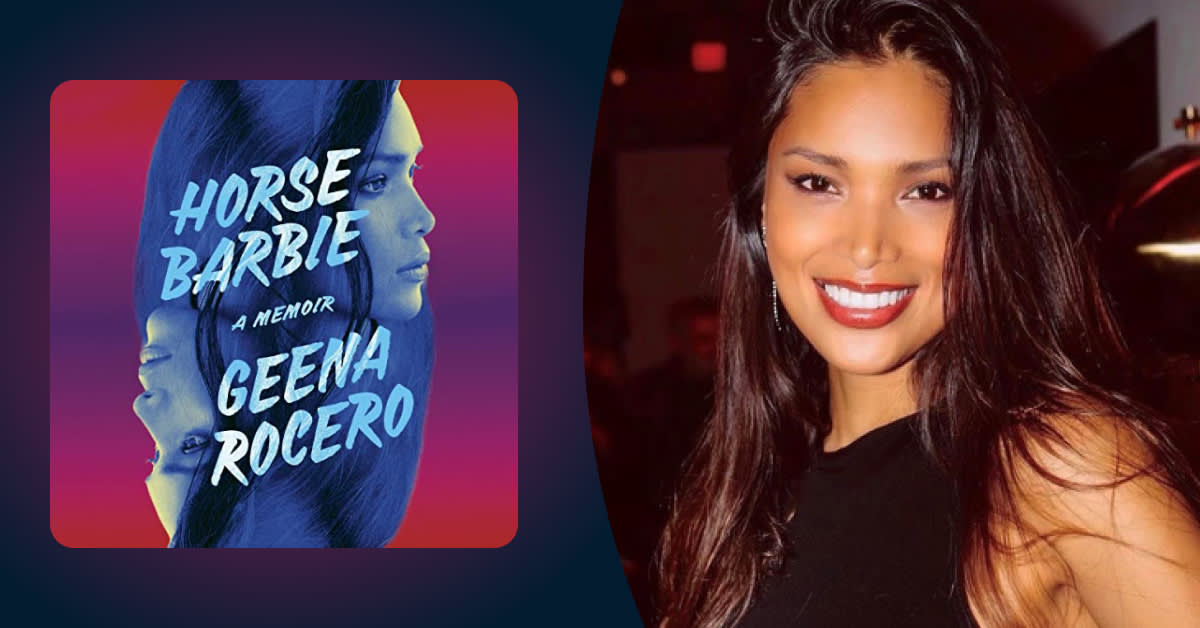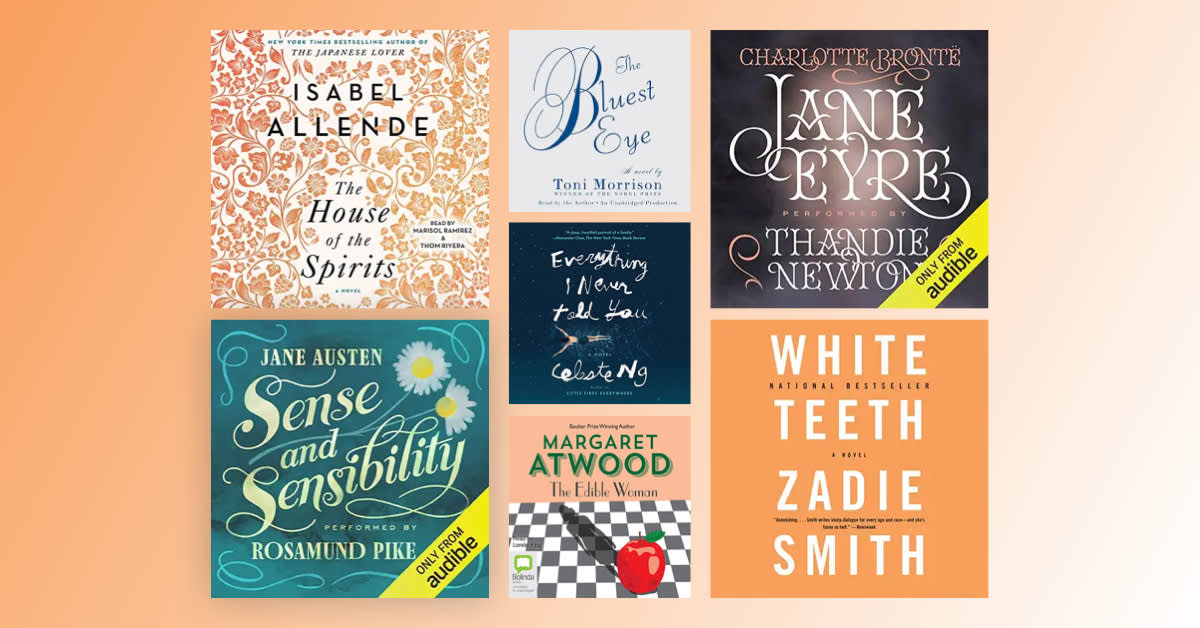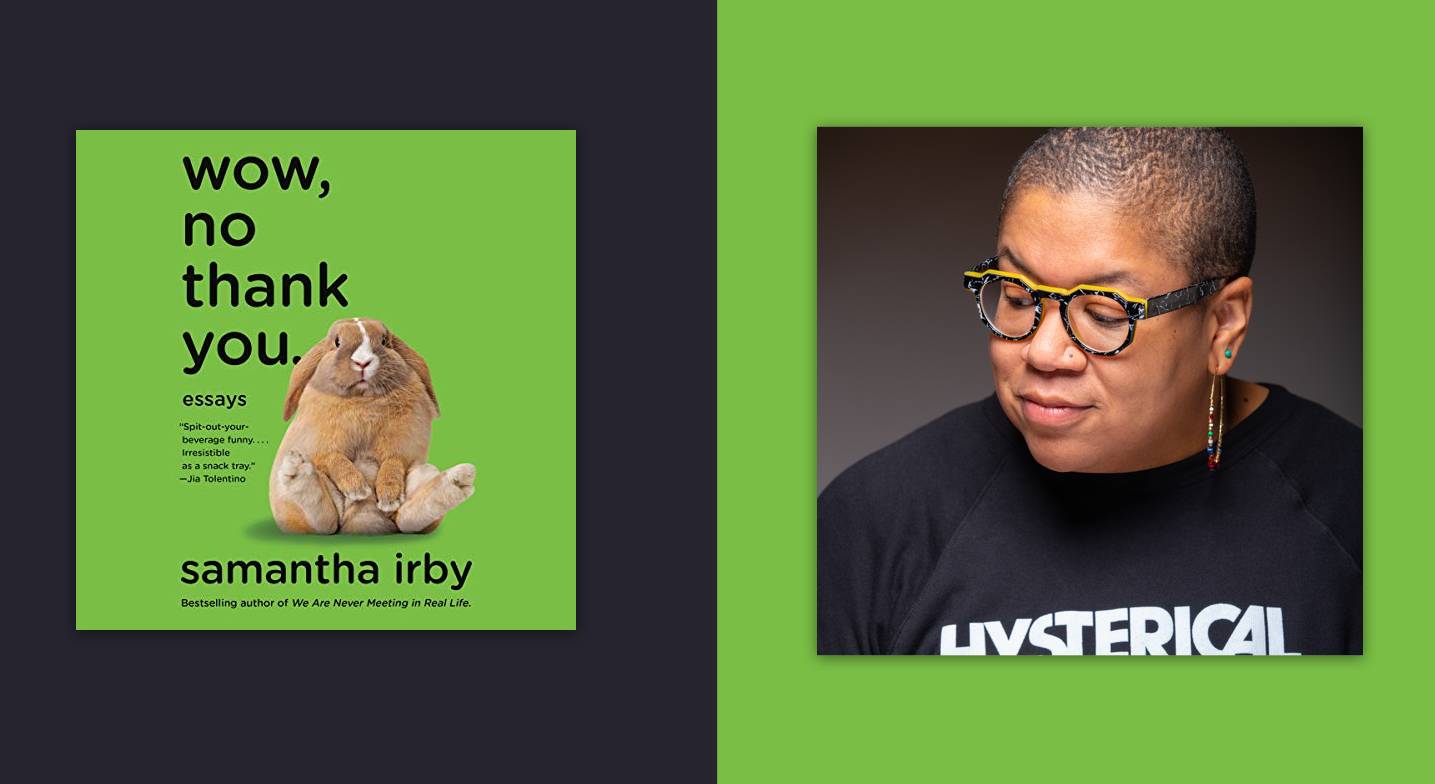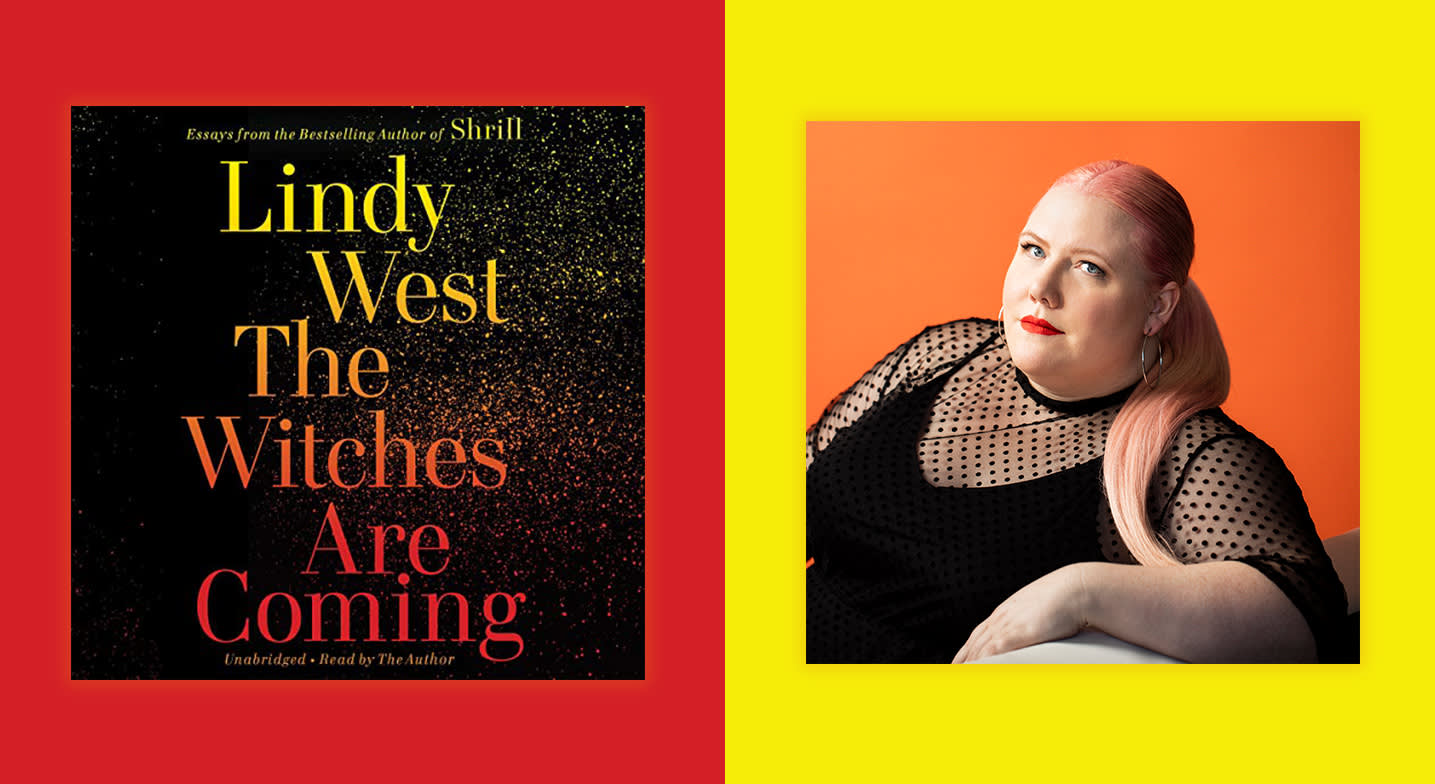Where were you when you read "I Was Caroline Calloway," Natalie Beach's instantly infamous essay for New York Magazine about her time as a ghostwriter for an Instagram influencer? The story, which broke in 2019, scandalized and polarized the internet, but one thing was for sure—one part personal essay, one part juicy tell-all, the piece was an absolute exemplar of its form. Now, Natalie Beach expands her funny, witty, and memorable voice with a new collection, Adult Drama, read by the author herself.
Audible: As one of a select group of truly viral authors, what’s it been like for you to see your work get so big? What do you think it is about the Caroline Calloway story that resonates with so many people?
Natalie Beach: First, someone slap me if I ever complain about getting read widely. The online attention allowed me to sell this essay collection and quit my assistant job, and for that alone I’ll always be grateful. It’s true—virality was intense. I’m the kind of person who doesn’t like to get her picture taken, let alone hounded for interviews and invited on talk shows and openly discussed online by thousands of people. And to complicate matters, I didn’t just write about myself, but Caroline too, exposing her to the feeding frenzy. The experience was stressful and morally dubious, and for that reason, I was reluctant at first to dive back into first-person waters.
But in the months after that essay landed, I received so many messages from readers, people from all over the world opening up to me about their own struggles with friendship breakups, insecurity, lopsided relationships, etc. To this day, I don’t know why the essay hit the way it did. I suspect that while we’re inundated with stories about romantic breakups, the end of friendships are rarely remarked upon. There’s no cultural script, and yet friendships end for all of us. Oftentimes, losing a friendship hurts far worse than ending things with a partner, and I think readers were hungry for a story that would hold a mirror up to those experiences. All in all, it was humbling to realize that my personal account had such wide-ranging reverberations. I was reminded that, despite the form’s pitfalls, personal essays have an immense power to reach other people. And it’s a damn good reminder that no one writes in a vacuum.
What were some of the inspirations and influences behind your essay collection?
Writers who artfully braid personal narrative with cold hard facts like Margo Jefferson in Negroland, Belle Boggs’s memoir The Art of Waiting, Blair Braverman with Welcome to the Goddamn Ice Cube, Annie Dillard in Pilgrim at Tinker Creek, and Hilton Als’s collection, White Girls. I kept The Most of Norah Ephron and Self Help by Lorrie Moore on my desk as a kick in the butt to be sharp and felicitous when my sentences lost their edge. I read Natalia Ginzburg and Miriam Toews when my drafts felt too trivial or bitchy, and I read Sarah Miller and David Rakoff when they weren’t bitchy enough. I really valued Alexander Chee’s collection How to Write an Autobiographical Novel because, among other reasons, he’s the rare man who teaches me things without making me feel stupid. Relatedly, for the first time since college, I reread Sheila Heti’s How Should a Person Be? and was reminded that a character can still be smart while not knowing the first thing about life. I think Rachel Kaadzi Ghansah is the best essayist working today, and everything she’s written is an inspiration. And I’ll read anything by Patricia Lockwood, Andrea Long Chu, and Sarah Marshall, whose sentences are so good they make me want to scream into a pillow.
A lot of ink has been spilled on the limitations and possible demise of personal writing. I tried to learn from the criticism without abandoning the form mid-draft. I was especially inspired by “This Brand is Late Capitalism” by Rachel Connolly in The Baffler, “On Heteropessimism” by Asa Seresin, Against Memoir by Michelle Tea, Thick by Tressie McMillan Cottom, “The Personal Essay Boom is Over” by Jia Tolentino, and “Kim Kardashian and the Year of Unchecked Privilege-Checking” by Lauren Michele Jackson, both for The New Yorker. Michaela Coel’s show I May Destroy You also falls into this category.
What was it like doing the narration for your book? Can you set the scene for us when it came to recording—where were you, how did you prep, any funny or memorable behind-the-scenes moments?
I’m not a performer and my enunciation leaves something to be desired. I’m from New England, after all, where we swallow consonants whole. That said, I’m glad I listened to my editor John when he urged me to do the recording myself. Personal essays are first and foremost reliant on voice. This is the one I’ve got.
The recording process was a trip! I drank 20 cups of tea a session and went to the bathroom as many times. I tried my best but in the end failed to pronounce “bildungsroman.” I left with a newfound respect for anyone who makes a living in front of a microphone. Oh, and I also left with a Tupperware of sourdough starter gifted to me by the engineer Jerry, who is also a master baker.
